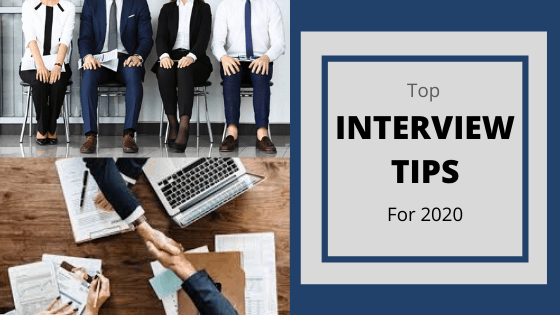You are facing the reality that a change is upon you. You may have found yourself in a situation that you would never imagined with the chaos that Covid-19 brought to the world, or you may have decided yourself that it is time. It is time to future proof your career.
In a time when almost half the population is looking for work, the easiest way to stand out amongst the crowd is to have a successful interview.
We have collated some of our top tips that we teach at Bootcamp to help calm the nerves and help you feel prepared and ready.
PREPARATION IS THE KEY!
Research the company This will help you tailor your answers to the company culture and needs. It will also give you the foundation to ask thoughtful questions at the end of the interview.
Make a list of questions Asking good questions shows that you are enthusiastic about the job and the company. It also helps you to gain a good understanding of the role that you are going for. By having a few questions already prepared, you will not draw a blank when the interviewer asks you. Here are some suggestions:
- What would a typical day look like?
- What would my responsibilities be?
- Are there opportunities for further development?
- If I am successful in the role, do you have any advice for me starting out?
Plan your trip Planning your trip in the days before your interview will ensure that you know where you are going, meaning you are not late and are able to arrive 15mins early.
Get a good night sleep and eat breakfast Being sleep deprived or hungry can increase feelings of stress or anxiety, neither of which is helpful going into a job interview.
Social Media According to a 2018 Career Builder Survey, 70% of employers use social media to screen candidates during the hiring process. Remove any inappropriate information, pictures, videos or tags that portray you in a way that would not be attractive to an employer.
Dress Standards Preparing what you will be wearing prior to the day with reduce your nerves and it will be one less thing for you to organise the day of the interview.
The way you dress for an interview gives potential employers their first impression of how you present yourself professionally. Wearing pressed pants/skirt with a collard shirt, suitable shoes – no thongs or runners, brush your hair and teeth, with minimal jewellery and cologne is the best standard for any interview.
Review common interview questions Every interview has a different feel and you are asked different questions, but you can still practice. The easiest way to do that is to review some of these most common interview questions, which will help you feel prepared and confident.
- Tell me about yourself?
- Why have you applied for this role?
- What is your long-term career goal?
- What skills can you bring to the role?
THE INTERVIEW
The Handshake Normally some of our best advice is to initiate a strong, impressive handshake. However, due to the health crisis, you need to be especially careful that you do not initiate a handshake. This could offend the interviewer and give the impression that you do not care about the current health crisis or people’s safety.
Body Language Some experts suggest that between 75-90% of communication is non-verbal, it is important to think about what your body is saying about you during an interview. Making eye contact, sitting up straight, shoulders back, smiling and nodding at appropriate times are signs of positive body language.
Communication Good communication skills are important to employers. Always speak clearly, politely, and friendly to everyone you come in contact with during the interview process – including the receptionist!
Talking about yourself It is vital that you can talk about yourself in a positive light. Keep it short – under 2mins. You can share things like what you enjoy doing, where you grew up, whether you have a big family, sports you like to play and other interesting things that tell them who you are as a person.
Walking with Purpose Briskly walking to your destination, (no hands in your pockets) demonstrates to an employer that you show urgency and accountability in completing your tasks.
Mobile Phones Make sure your mobile is switched off and out of site. We recommend not looking at your phone even if you are seated in the waiting room.
Video Interviews Some organisations are now moving to video interviews until further lockdown restrictions are lifted. If this is the case, don’t let this make you nervous, just remember that all the above advice still applies. Our biggest tip in this scenario is to make sure you are somewhere with a good internet signal to avoid technical difficulties during the interview.
Remember this is a fresh start and that every interview is a learning experience so with practice comes perfection.
